|
Bethany Morrow, MEM, The Unnamed Press, 2018. Audiobook available on Audible. MEM is a scifi novel set in an alternate 1920s Montreal. Though it lacks a little oomph, it has a compelling premise and is a thoughtful take on humanity. If you have lived a traumatic experience, it's possible to extract it from your memory. You go on with your life, free from the memory. It becomes a being, made of flesh, reliving only the experience, and then it dies. But not in the case of Dolores Extract #1. She didn't die. She lives, she now has her own experiences, her own memories. Cherished by the scientist who created the programme, she nonetheless has one day to go back to the Centre where she was extracted. The premise of the novel is intriguing: what if you can take away some of your memories? And with the subsequent questions, of course: then what are you missing in your life? What would you have become with this memory? What do you become without? We can glimpse that with some of the secondary characters: people who have been preserved, now stagnant, potentials that never really were fulfilled. But MEM isn't centred on the humans, it is centred instead on the MEM, Elsie, for she chooses her own name. There are subtle hints at Elsie embodying people with different marginalisations: the choosing of the name may remind of trans or NB persons abandoning their dead names, Elsie's skin is slightly dark whereas most of the characters in the novel have light skin. What I found very interesting about Elsie is how driven she is to live, to exist as a person. Morrow could have made her a victim, the sad result of an experience who ends up as a prisoner of her creators' whims. But she is the opposite, and she creates a mirror for the woman she was created from, who never lived a traumatic, yet illuminating experience. The secondary characters were less interesting to me. But as is often the case with a short novel, they're more here in relation to the main character. I particularly enjoyed the setting. Morrow did a wonderful job at capturing an ambiance, a 1920s Art Deco Montreal, through the architecture, the clothes, the art, the science. There's a lovely and subtle worldbuilding at work here. MEM is a thoughtful novel. Don't expect action, twists and turns. It goes at its own pace and it shows quite literally a slice of life and its consequences. But through that, it is a beautiful take on how much memories shape us, and how they can at the same time restrain and free us. If you've liked MEM, you may also like
Comments are closed.
|
All reviews are spoiler free unless explicitly stated otherwise.
I only review stories I have liked even if my opinion may be nuanced. It doesn't apply for the "Novels published before 1978" series of blog posts. Comments are closed, having neither time nor the inclination to moderate them. |
WHAT IS THE MIDDLE SHELF?
The middle shelf is a science-fiction and fantasy books reviewS blog, bringing you diverse and great stories .
PLEASE SUPPORT AUTHORS.
IF YOU LIKE IT, BUY IT. |
ON THE MIDDLE SHELF
|
KEEP IN TOUCH WITH THE MIDDLE SHELF
|
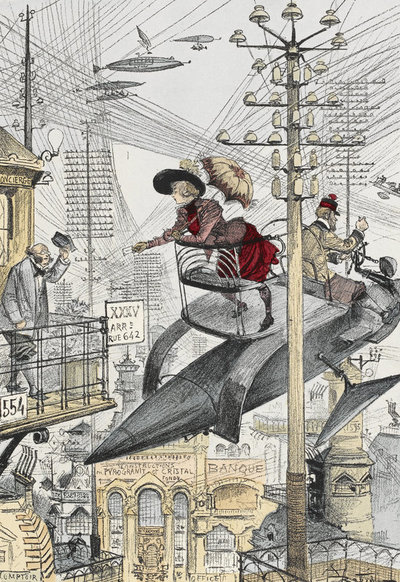


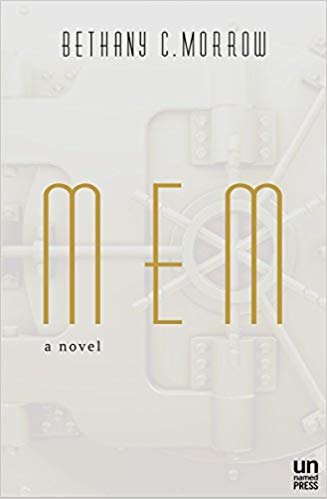
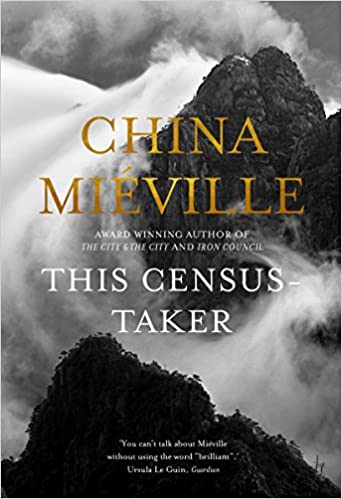
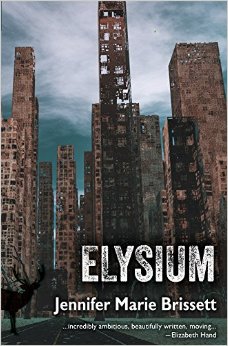
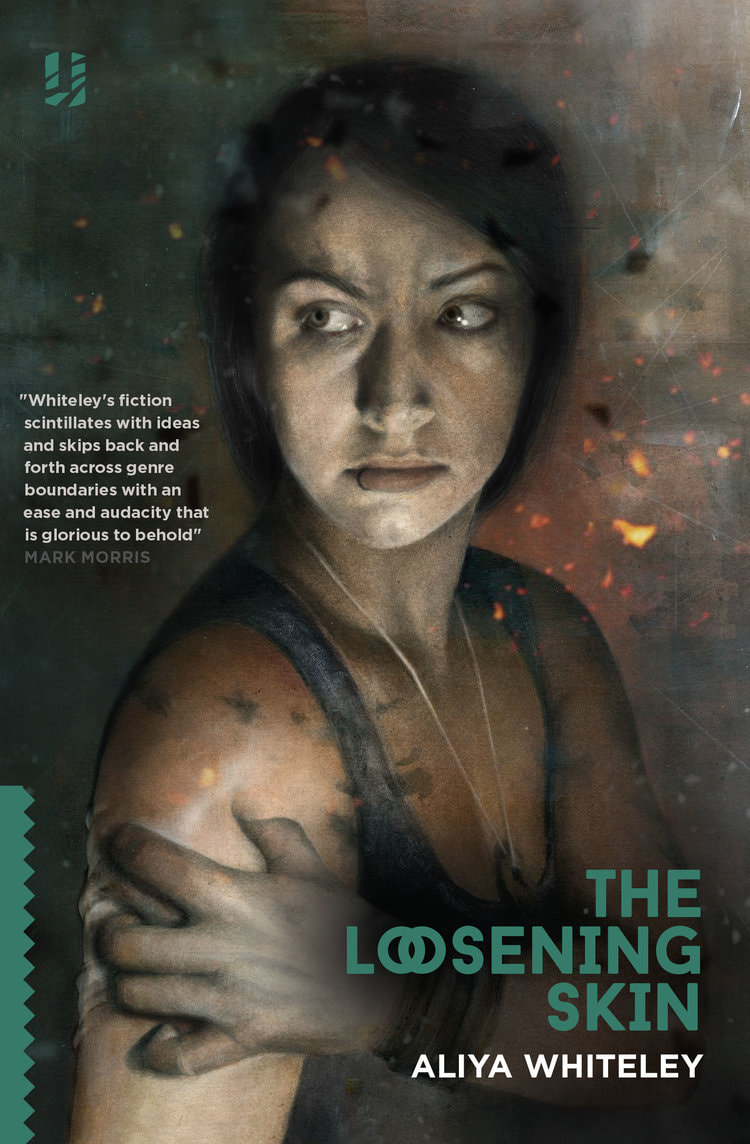
 RSS Feed
RSS Feed
